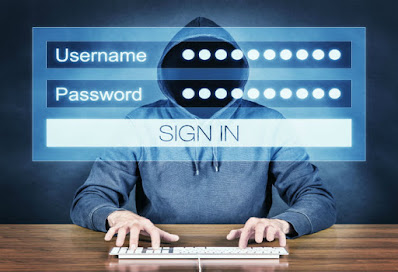The increasing popularity of social networks has also opened its doors for con artists. In fact, these sites encourage their users to reveal more and more personal data and share that information and videos on the Internet. People from online reputation agencies suggest that we all need to be careful because the more information is disclosed to someone, the more that person is vulnerable to attack by scammers.
Unfortunately, today there are criminals who are looking for exactly those people who have revealed too much personal information. They often use the so-called social engineering or manipulate the specific person in order to disclose too much information about them. This information is then used illegally to obtain goods and services without their knowledge. Problems that arise from this include spying in the virtual world (cyberstalking), violence (bullying), identity theft, and extortion.
David Rosenberg from CleanYourName advises people to be extremely careful when disclosing personal data; to think about who else can see the revealed information and in what way can be used against them.
Protect yourself - Here are some simple steps from cleanyourname.com that you should consider to protect your online identity and reputation from fraudsters:
Print personal documents
- Protect your messages and emails, and other content you print directly from the Internet, just as you protect the content of your wallet or bag.
- Review your bank statement as soon as you receive it and report any transactions you do not recognize.
- Store your bank statements, accounts, and confidential correspondence in a safe place, just as you would with other valuable objects.
- Destroy all personal documents you no longer need.
On the Internet and by phone
- For each account and application use a different PIN and password. If you use the same password for every account and fraudster comes into possession of the same, will have access to all accounts.
- Do not use usernames that are obvious and easy to remember.
- No one should reveal passwords, even by phone. Your bank will never ask for your PIN or password.
- Be careful when using Internet cafes or are active in the forums, virtual chat rooms, or social networks - fraudsters often use them to reveal your personal information.
- Never leave personal information online such as phone numbers, date of birth, or employment information.
- Learn how to use the security options on the Internet and set them as your best match. Be careful who is your “online friends" and whom you allow joining your network.
- Avoid using auto-fill options online.
- Be aware of fraudulent emails (phishing) from financial institutions in which you are required to confirm your account information. Report such emails to institutions from which they allegedly come to help expose fraudsters.
- Keep your anti-virus program and firewall settings active on the computer.
Report a theft
- If you think that someone has stolen your online identity, has your bank account or that your online account has been illegally accessed by someone, immediately contact your bank and the police.
A cautious approach to your personal information can really help reduce the risk of identity theft.
